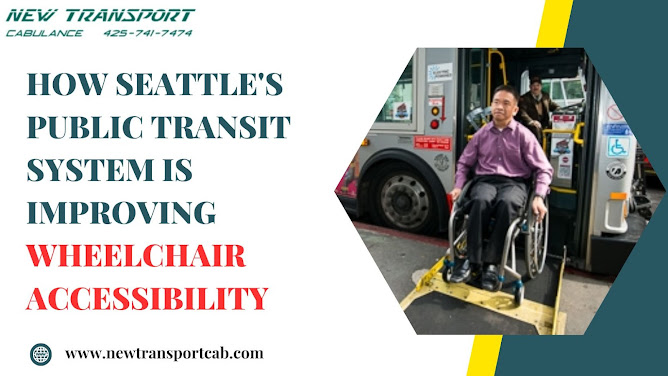How Seattle's Public Transit System is Improving Wheelchair Accessibility

Seattle has long been known as a city that values diversity, inclusion, and accessibility. As part of this commitment, the city has made significant strides in recent years to improve Wheelchair Accessible Transportation Services Seattle in its public transit system. In this article, we will explore some of the initiatives and improvements that have been implemented to make Seattle's public transit system more accessible for wheelchair users. Hare Are Some Initiatives and Improvements That Have Been Implemented to Make Seattle's Public Transit System: Retrofitting Buses for Accessibility One of the most significant improvements to Seattle's public transit system has been the retrofitting of buses for wheelchair accessibility. This process includes installing wheelchair ramps or lifts and creating spaces on the buses where wheelchairs can be secured during travel. This has greatly increased the number of buses in the city that are wheelchair accessible, making it easier for
